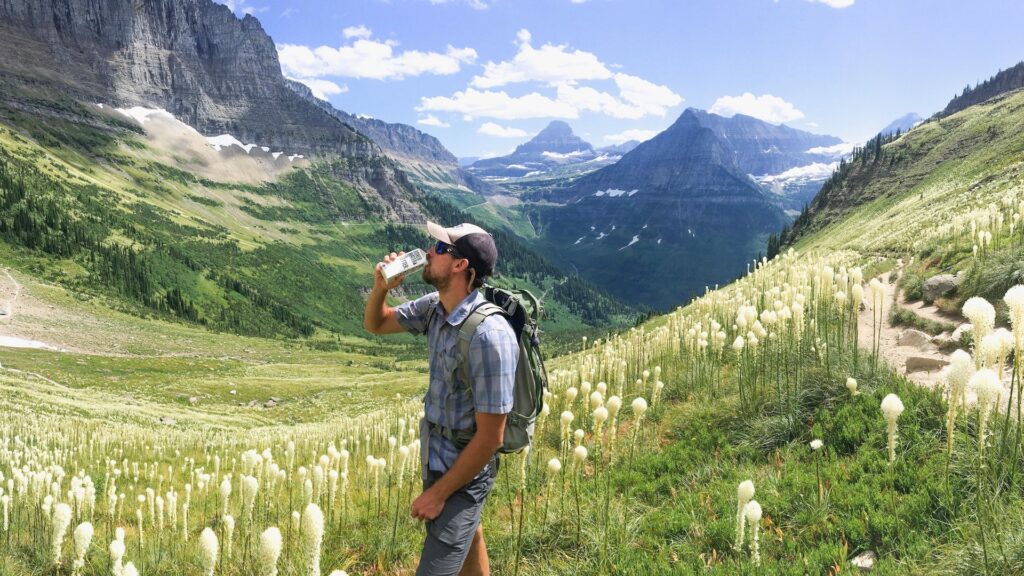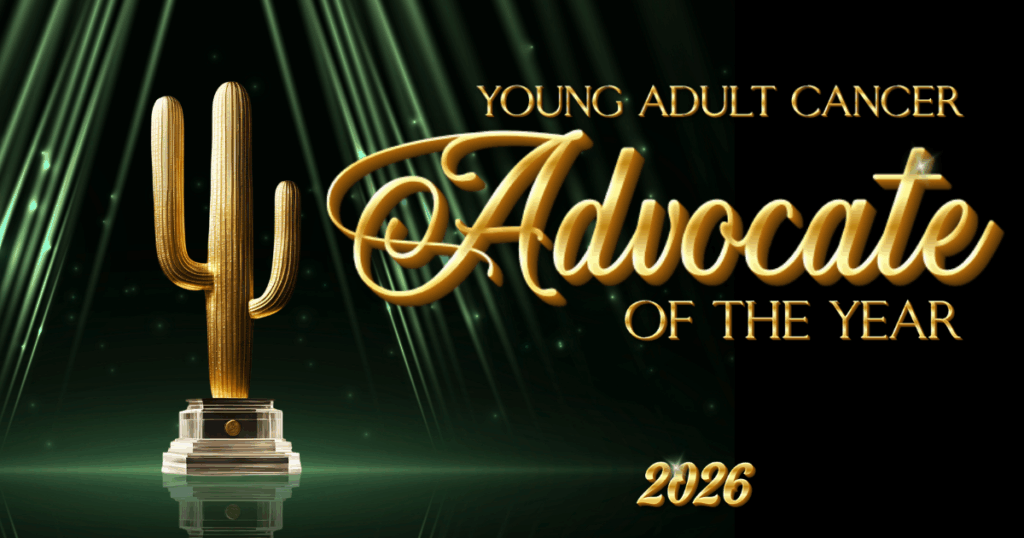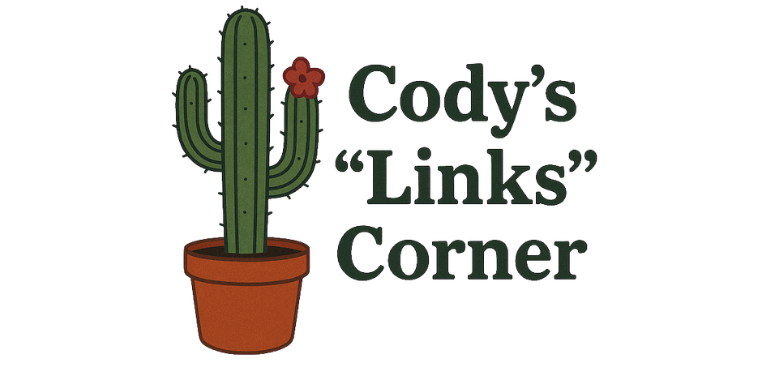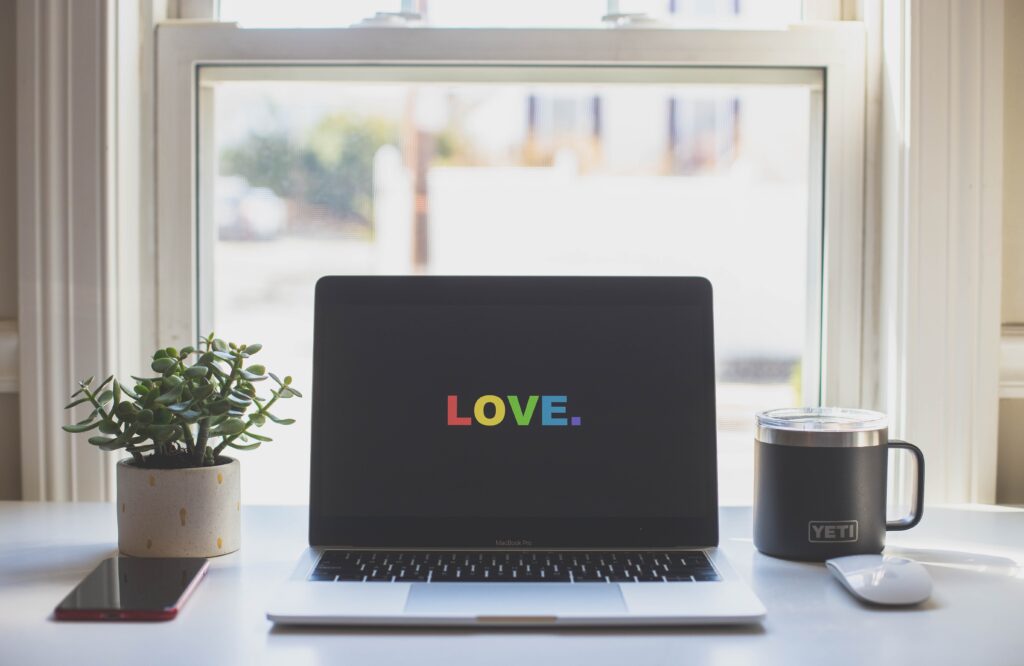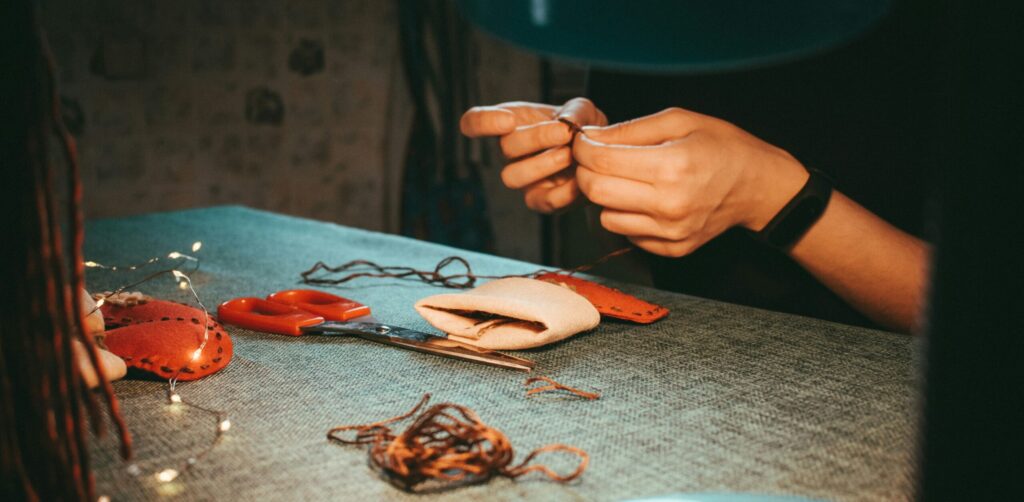Welcome to the comments and discussion of the Young Adult Cancer Book Club! We are reading Wild, by Cheryl Strayed. Read our participants’ reactions and follow along with us each week as we read through the book! (Caution! Spoilers below!)
Week 2: Chapters 3-4, pages 38-60
By Jackie B.
Ohhhh, I love this book already, and feel so much compassion for Cheryl and what she went through in the aftermath of her mother’s cancer diagnosis. Chapters 3 and 4 were about the day she set off on her PCT hiking journey. I actually just finished reading “A Walk in the Woods” by Bill Bryson, who hiked the Appalachian Trail, and was stunned at how unprepared Cheryl seemed in comparison. I was practically yelling at my book, begging her to take weight out of her pack before embarking, but she would not. After I finished these chapters, I realized the weight in her pack is symbolic of the weight of her mother’s death, her divorce, the dissolvement of her family… and then it made sense to me, why it was so hard for her to let go. But gosh, could I feel her pain that first day on the trail.
I think this book is really unique in how candid it is about some really freaking hard things… death, grief, drug use, divorce, abortion…. She leans in and doesn’t hold anything back. At times it can feel uncomfortable to read, but I often found myself thinking “yes! This is how this really feels!” I fully appreciate the lack of bullshit. One topic in these specific chapters was about her stent using heroin. After she first started, she tried to convince herself that she was in control… but she never really was. She got high to mask the grief… I think that’s the case for a lot of people. Between the drug use and the unwanted pregnancy, Cheryl hits her own rock bottom. From that bottom, she chooses her way forward… through the PCT. As a firm believer that nature heals the soul, I can’t wait to continue reading!
By Lenae W.
Chapter 3:
The way the author describes each item she brought for the Pacific Crest Trail and what it’s use would be on her quest reminded me a lot of the items I carefully selected when I knew I would be in patient for days on end during chemotherapy. I distinctly remember taking my iPad to watch tv shows on, a few books in case I got bored with the first one I was reading, larger than necessary sweatshirts and sweatpants for easy access for my IV’s in each arm and the placement of the lines coming from my groin.
The amount of incredible detail assigned to each object and the weight of the pack felt like each time I made notes regarding my chemo regime. Everything was exact, but I had no idea of the toll the weight of it all would be on me.
Chapter 4:
When the author needed help to get from the hotel to the start of the Pacific Crest Trail, I could 100% relate. She was scared of hitchhiking but she knew that was her only option. I hated the amount of help I needed during chemotherapy, for everything. Needing help taking a bath at the age of 29? Not being able to walk my dogs by myself? Asking for help without wanting to, that’s what every cancer survivor knows too well.
The release of her troubles, of her worries, of wanting to get out of her skin when she started doing heroin with Joe. I felt that; hell I understood wanting to take a mental break from my life.
There are many parts of this book cancer survivors can relate to, and were only 4 chapters in. Particularly page 51, when she said “I decided I was safe. I was strong. I was brave. Nothing could vanquish me. Insisting on this story was a form of mind control, but for the most part, it worked. Every time I heard a sound of unknown origin or felt something horrible cohering in my imagination, I pushed it away. I simply did not let myself become afraid. Fear begets fear. Power begets power. I willed myself to beget power. And it wasn’t long before I actually wasn’t afraid.”
That was monumental. I instantly remembered sounds of machines beeping, wheels being carted down the hallway, and I was transported back to being in patient, alone during covid, receiving chemotherapy. I remember from the get go thinking “this won’t define me”. It had of course, for a portion of my life. It will always be a part of me.
By Melanie K.
“The woman with the hole in her heart.”
That line that comes to her in the motel getting ready almost felt cliche until I realized how accurate and real that scene is in capturing the way we can find ourselves commentating on our own lives. Her description of staring in the mirror feeling like she’s disintegrating and thinking at herself, “please,” was just so vulnerable.
And then we jump straight into packing. I love how she took an unending paragraph of more than a page to list every single thing she’d brought to the motel to pack. With specifications, attachments, and commentary. As the reader, that mounting pile of things started to get funny, but it also started to get to me, to feel overwhelming. The tottering weight of it all so easily called up the weight of the whole endeavor. And the more existential questions behind it too. And my own existential questions. Like on p. 43 when she says she’d assumed, “If I added up all the things I would need… It would equal a weight that I could carry,” and I found myself struck by how often I use that logic on myself with what I “should” be able to manage after my diagnosis. Or on p. 44, with the comment, “It felt pretty awful, and yet perhaps this was how it felt to be a backpacker. I didn’t know.” When I replaced “backpacker” with “survivor,” it just rang so true.
What was stunning to me was that these deeply exposed moments were woven into the amazing comedy she makes of packing the backpack, lifting it, and carrying it. I was giggling nonstop in the coffee shop, and that’s all I remembered afterwards till I read it a second time and realized how gently that comedy had carried me through the rest.
We’ll talk about a few chapters each week until the book is done. Join in the comments every week! Also, there will probably be spoilers, so read along with us!
Once we finish the book, we’ll have an online book club discussion on Zoom to talk about general feelings from the book and anything else you’d like to discuss on Monday, May 23rd.
Excited about the next book club? Have any suggestions for future reads? Let us know by emailing programs@cactuscancer.org!



